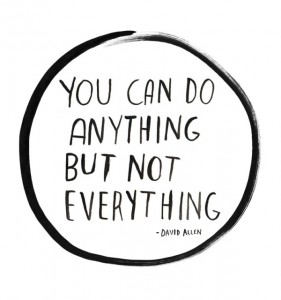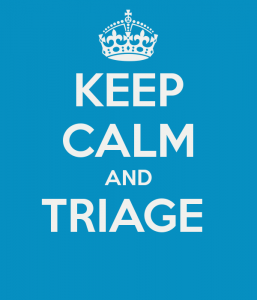At the close of 2020, I promised myself that I would take a gap year. After four years of juggling my academics, extracurriculars, relationships, and well-being, and considering the tumultuousness of the past year, I figured that everyone could use a break. I started planning my summer. Wake up, eat, eat, eat, sleep, repeat—the closest that humans can get to hibernation.
Then came January, February, and March, and upon a string of fortunate events, from becoming a mentor, to landing my first part-time job, to applying to graduate school, to entering an internship, to volunteering with an organization, to landing my second part-time job, to becoming a mentor (again), to accepting a fellowship, to being invited to present at a research conference, I decided to accept an offer for a third part-time job. I thought I’m already wearing all these hats, might as well fill up the closet.
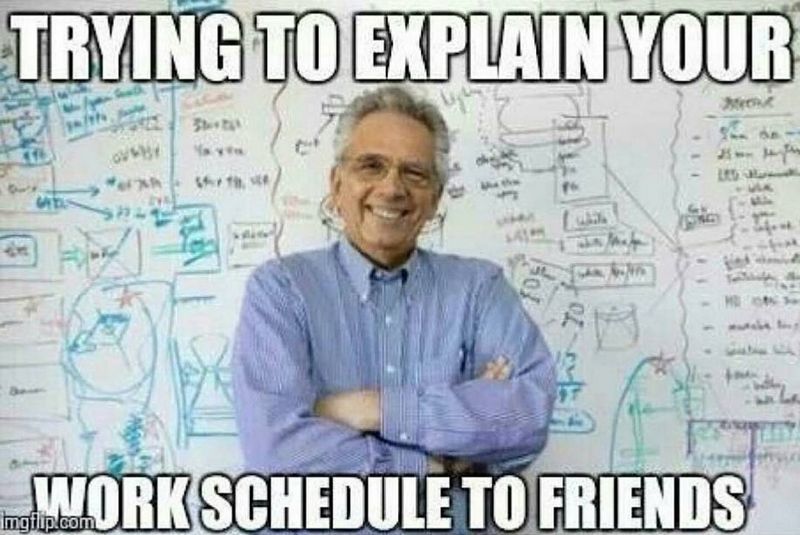
The dominoes fell, and my mind whirl winded.
Advocate in more spaces. Volunteer with more organizations. Pursue a remote global internship. Apply to the Fulbright program. Enroll in a TEFL certification course. Learn a new language. Join a research lab. Run a virtual marathon. Look for a fourth part-time job.
By mid-March, I was the most involved I’ve ever been. Feeling like I not only was capable but obligated to take on every opportunity I was extended, I cast myself a vote of confidence. No doubt I could balance these responsibilities and achieve my quality (and quantity) standard all the while maintaining my physical and mental health.
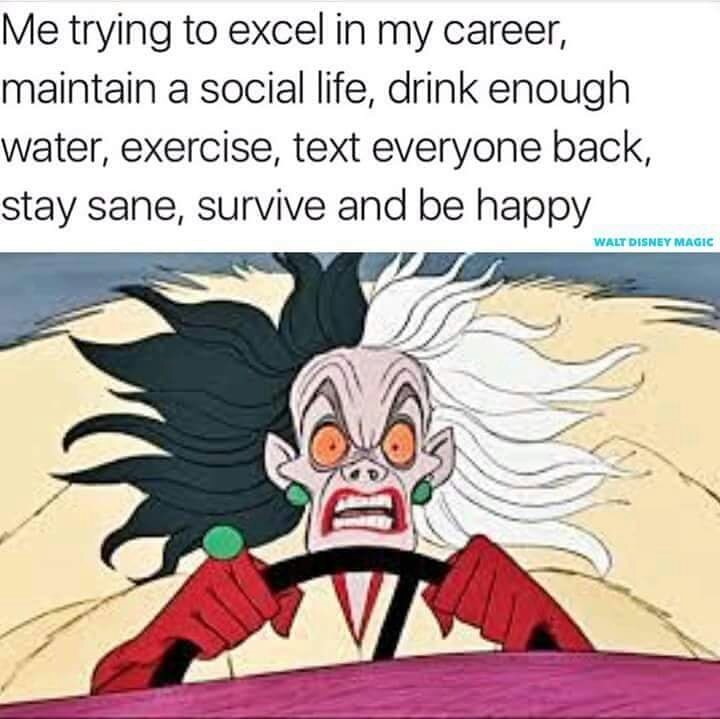
Right!
Right?
Certainly!
Uncertainly.
With summer inching closer by the day, I’m filled with what I can only describe as a bidirectional spiral of invigorating uncertainty. Over these last three months, I have thought more about my future than I ever have before, and yet, I still feel like I have no idea why I’m doing what I’m doing or what it even is that I’m trying to accomplish. On top of the shakiness of simply being a graduating senior and young professional, the blow and the blur of the pandemic only exacerbate this uncertainty.
While I’m determined to bat at nearly every pitch, I have friends who are ready to build their careers in full-time positions with laser focus. Some friends are preparing for medical school and higher education, wracking their brains, and wrecking their sleeping schedules. Others are siphoning their resources into self-care, determined to dedicate their summer and immediate post-grad plans to self-development and nurturing their passions.
All of these plans and proposals, all of these actions and initiatives, and yet, the question persists in so many people’s heads—now what?
Through all the spaces that I’m involved in, I’ve come to two (One-and-a-half? One? I’m not sure, I’ve never really been good with numbers) revelatory realizations. I do my best to avoid blanket statements, but here’s a comforter for you—no one knows exactly what they want to do or what they’re doing.
We’re all just doing.
And that’s okay.
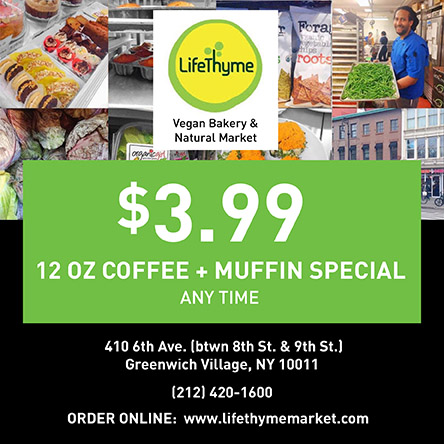
by Christianne Evasco
Christianne is a senior at New York Univerity, majoring in Psychology and minoring in Child and Adolescent Mental Health Studies (CAMS) and Creative Writing. Christianne’s endeavors are fueled by her passion to use her voice to help others harness the power of their own voices through therapeutically-creative means and to connect people through language and cultural exchange. In her free time, you can find her catnapping with her cats.
For over 20 years, the Campus Clipper has been offering awesome student discounts in NYC, from the East Side to Greenwich Village. Along with inspiration, the company offers students a special coupon booklet and the Official Student Guide, which encourages them to discover new places in the city and save money on food, clothing, and services.
At the Campus Clipper, not only do we help our interns learn new skills, make money, and create wonderful e-books, we give them a platform to teach others. Check our website for more student savings and watch our YouTube video showing off some of New York City’s finest students during the Welcome Week of 2015.



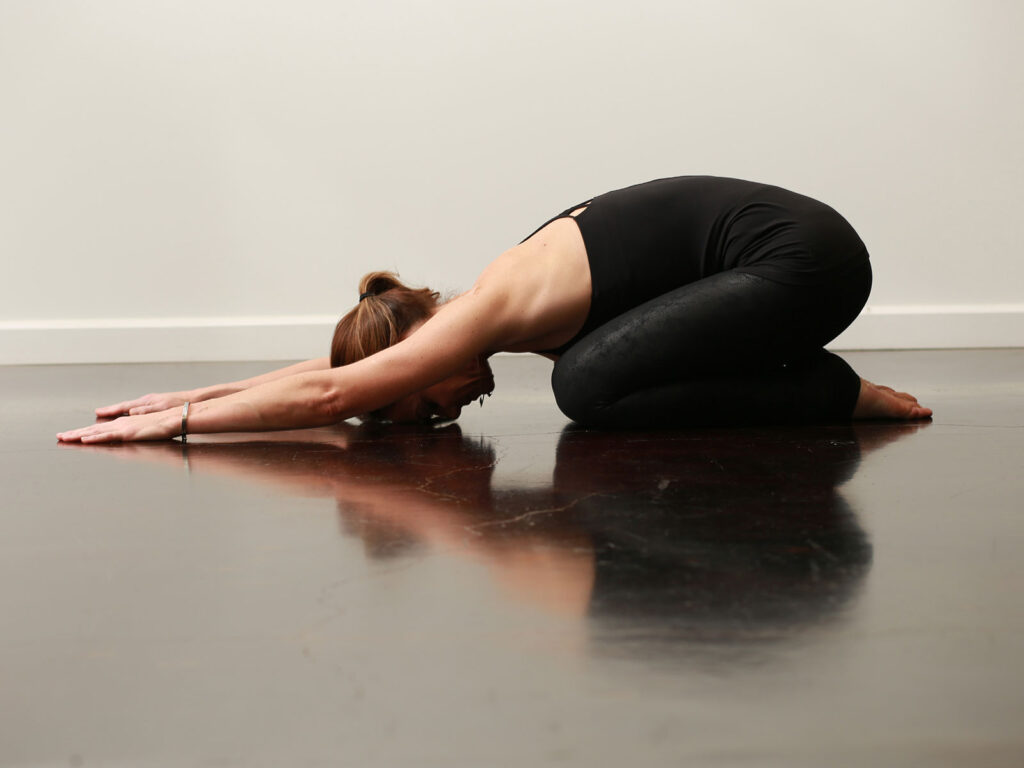
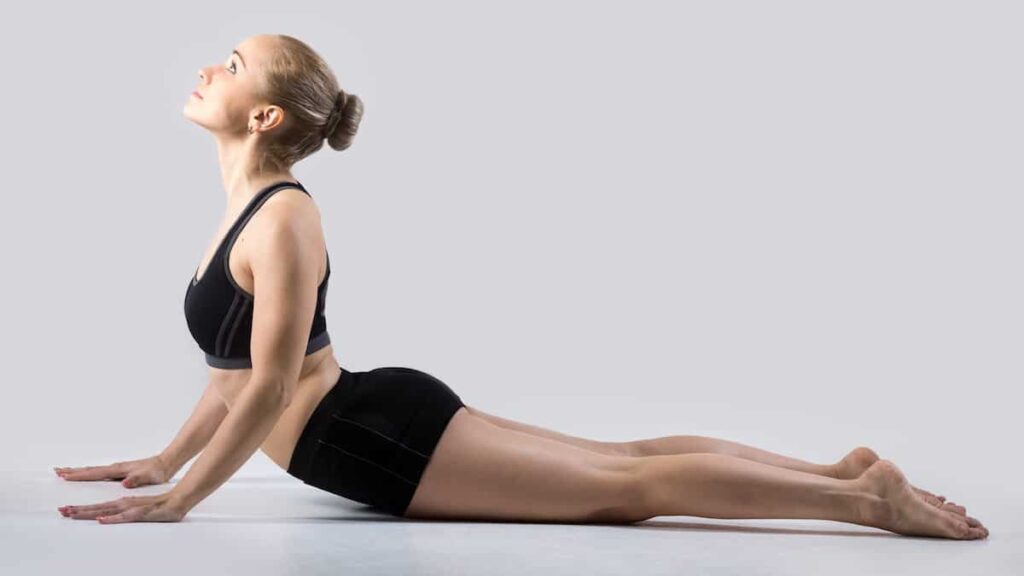
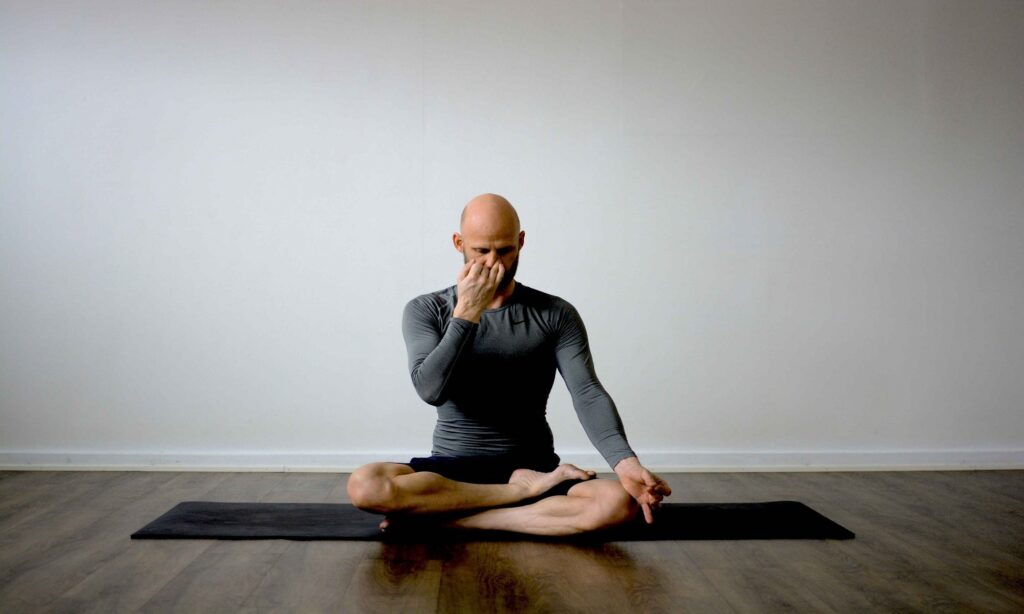
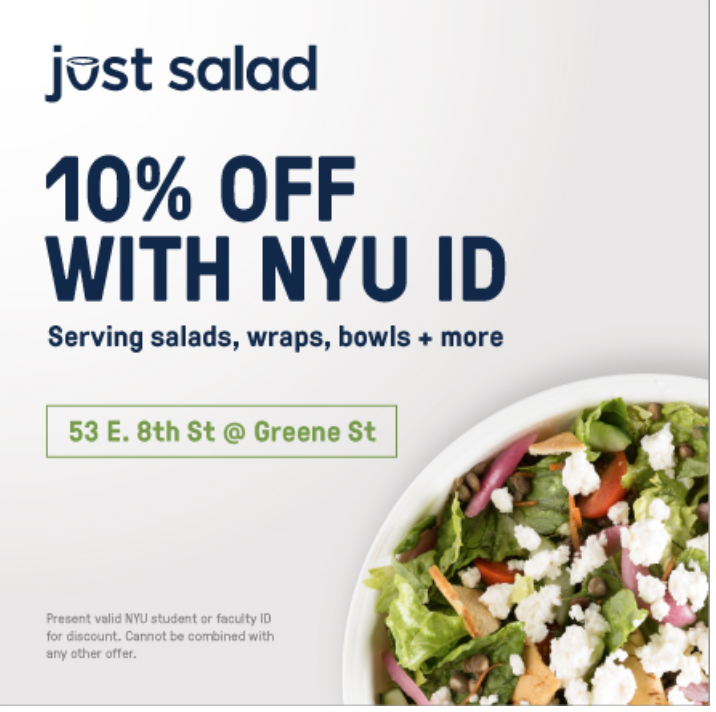

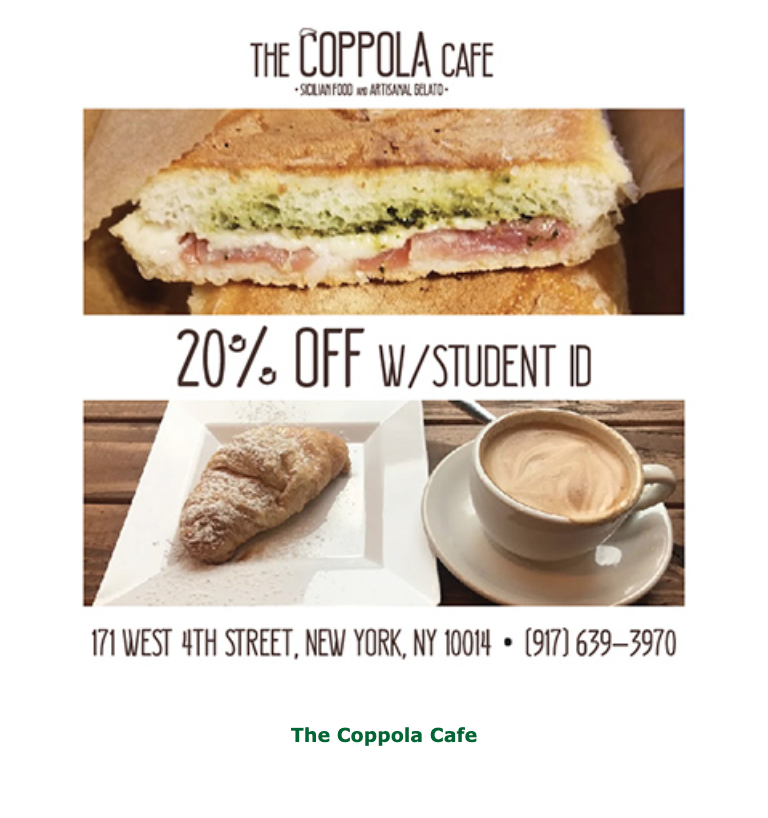

 I remember towards the end of this past semester I had one of those days, where all I wanted to do was to stay in bed and shut the world out. It was a Sunday. I woke up, stayed in bed and cried for an hour. After which, I sat up on my bed staring out the window. I blankly watched the cars drive down my street, trying to figure out what I was feeling.
I remember towards the end of this past semester I had one of those days, where all I wanted to do was to stay in bed and shut the world out. It was a Sunday. I woke up, stayed in bed and cried for an hour. After which, I sat up on my bed staring out the window. I blankly watched the cars drive down my street, trying to figure out what I was feeling. 
 Despite the stress of city life, it is surprisingly difficult to work up a sweat in New York. Exercise is something we often have to schedule time for, and whether hitting the gym, or running laps around Central Park. It isn’t always the most enjoyable part of our day.
Despite the stress of city life, it is surprisingly difficult to work up a sweat in New York. Exercise is something we often have to schedule time for, and whether hitting the gym, or running laps around Central Park. It isn’t always the most enjoyable part of our day.
